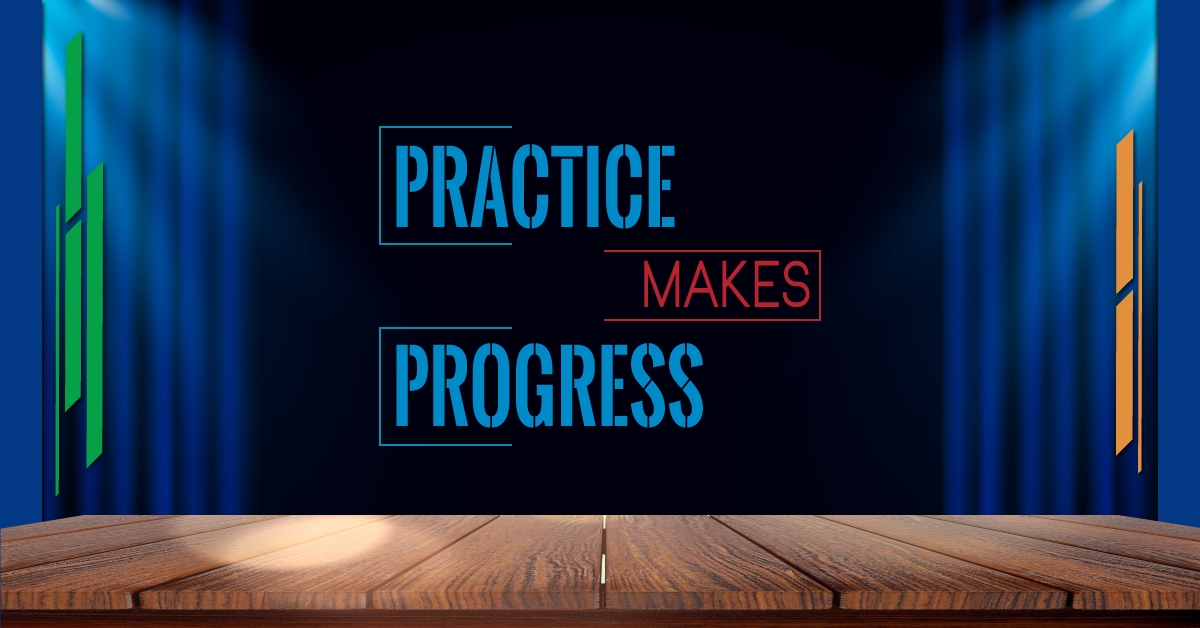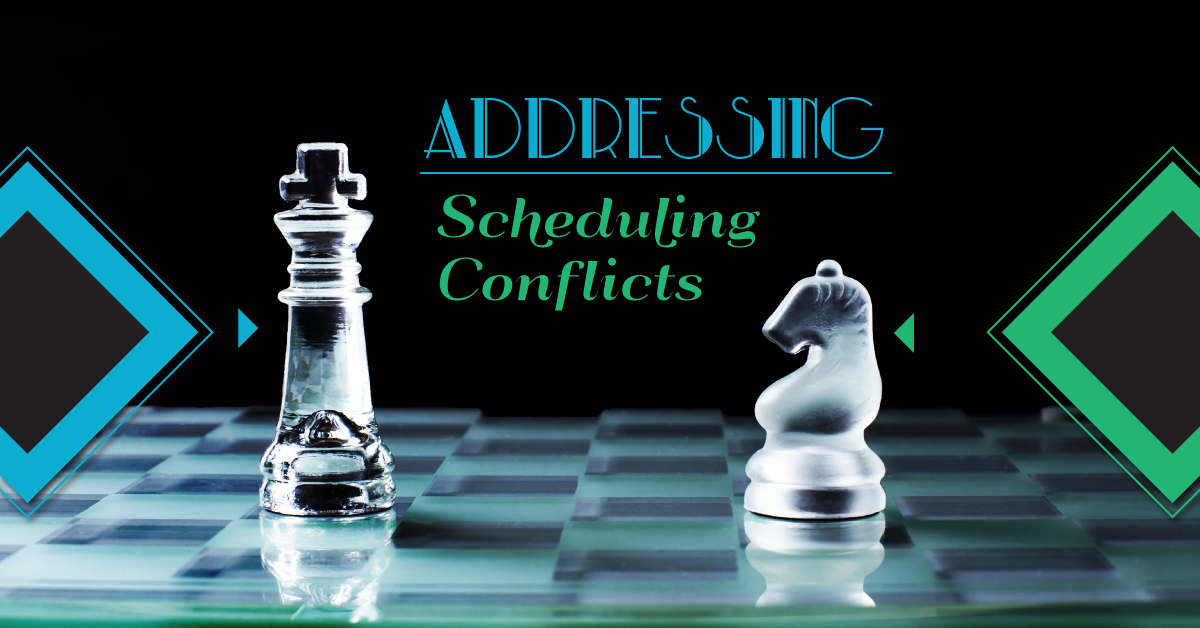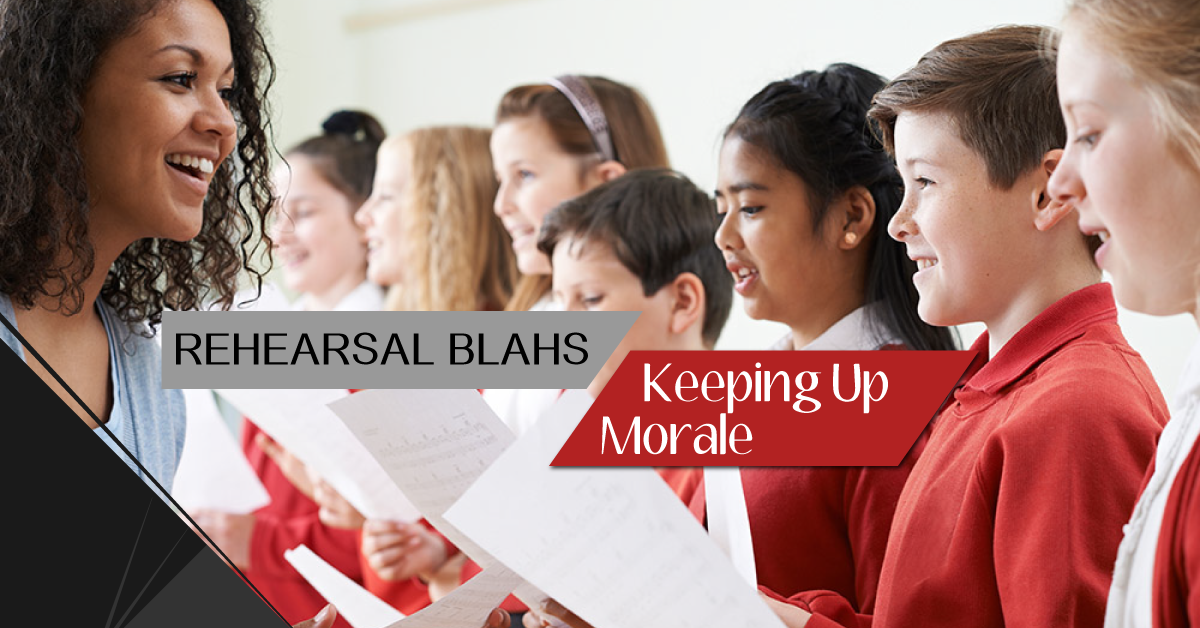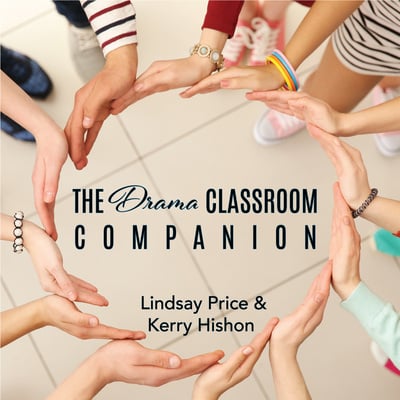Practice Makes Progress
Everyone is familiar with the term “practice makes perfect,” right? But in the theatre, there’s really no such thing as a perfect performance, and there is especially no such thing as a perfect rehearsal. There is always something to “fix” or adjust.
Students can get hung up on perfection, but so can teachers, directors, choreographers, and musical directors. It gets really easy to nitpick and point out every flaw, particularly during note sessions. Perhaps that’s why students often tune out during notes – it can be disheartening and frustrating to give all your energy and push yourself onstage, only to hear afterwards all the things that were wrong about it.
And, of course, we all want to have an excellent final production… But zoom in on the word “excellent” here – “excellent” is completely different from perfect. A perfect final production, like a perfect rehearsal, does not exist.
An excellent rehearsal or show is attainable. Excellence is going to be different from rehearsal to rehearsal, show to show, and student to student, but aiming for excellence is much less daunting than aiming for perfection. And students can achieve excellence by reframing their thought process towards rehearsal – focusing on practice making progress, instead of trying to achieve perfection.
This doesn’t mean students can be lazy or rest on their laurels though. Go back to the first word of the phrase we’re talking about here: practice! Just showing up to rehearsals and going through the motions does not achieve excellence. Students must aim to improve and move forward at every rehearsal. Otherwise, they won’t make progress.
So how do students make progress and aim for excellence? It has nothing to do with talent or skill. It does have everything to do with good rehearsal habits.
Go back to the basics of rehearsal etiquette and help students put them into practice:
- Look at your rehearsal schedule ahead of time to see what you’ll be working on that day, and review the material in advance.
- Show up to rehearsal a few minutes early with all your materials (script, score, pencil, etc.) and already changed into appropriate rehearsal clothing and footwear.
- Turn off your phones and put them away.
- Keep chatter to a minimum.
- Keep a pencil handy and actually write notes on your script. The physical act of writing helps to cement instructions in your mind. This includes notes on choreography and blocking – don’t depend solely on rehearsal videos!
- Put your full physical and mental effort into rehearsing. The degree of effort you’re able to exert may change from rehearsal to rehearsal, but do your best to leave personal issues and worries at the door. Practice the way you want to perform. Don’t “mark” your movements or give a half effort. Show you care.
- Listen carefully during note sessions, not just to notes directly given to you but to the notes for others as well. These notes are full of useful advice that you may be able to use for your performance. And at least they will give you a fuller idea of what your director wants the show to be.
- Take the time to review your work and practice outside of rehearsals. Practicing only during scheduled rehearsal time will get you only part of the way.
Remembering these basics and putting them into practice during daily rehearsals will guarantee that students will make progress. And that progress will inevitably lead to an excellent performance. Good luck!
Related Articles
The Drama Classroom Companion
by Lindsay Price & Kerry Hishon
The Drama Classroom Companion is filled with articles and exercises to build the skills needed for theatrical performance as well as real world skills like creative thinking, critical thinking, collaboration, and communication.
The Rehearsal Companion
by Kerry Hishon
You’ve chosen the play, paid the royalties, done the script analysis, held your auditions, and cast the show. Tomorrow is the first rehearsal. Are you ready? Really ready? The Rehearsal Companion can help!





